
Facebook announces Paper -- its new story sharing app
Two weeks ago my colleague Mihaita Bamburic wrote a piece on how a Facebook news reader app could give users the best tailored content. Today, Facebook announces Paper, a "new app that helps you explore and share stories from friends and the world around you". It's not quite the app Mihaita was hoping for -- not yet, at least -- but it does sound promising.
Paper is essentially a Flipboard alternative for iPhone (and Android eventually, presumably) that displays content from your Facebook friends, well-known publications, and "emerging voices" in a fullscreen, distraction-free layout.

Microsoft brings Bing Rewards to mobile -- fails to include its own Windows Phone
Google is the undisputed search king, but it is not the only player in town. Microsoft's Bing is a distant second, but some people prefer it. While I prefer Google's offering for search, I like Bing for one thing -- rewards.
Yes, Bing Rewards is pretty darn cool, as it provides perks to users for simply using the service. This is a win-win relationship as users earn points for searching and Microsoft gains search activity. Users can then redeem points for things like raffles and gift cards. Sadly though, the experience was not available for mobile -- until today. Microsoft releases Bing Rewards for iOS and Android. Shockingly, Windows Phone is not yet supported.

Windows Phone still plays in the little league, fails to reach 4 percent market share
Bad news for Microsoft today, as a new report that was just released by research firm Strategy Analytics places its smartphone operating system, Windows Phone, at less than 4 percent market share in 2013. It may be in an honorable third place, but, by contrast, Apple's iOS, which ranks second, had a market share of 15.5 percent in the same period, while Android, the most popular of the bunch, dominated the landscape from afar with 78.9 percent market share in the past year.
In 2013, shipments of smartphones running Windows Phone reached just 35.7 million units, leading to a low market share of 3.6 percent. Overall, a previous Strategy Analytics report released earlier this week places smartphone shipments in 2013 close to one billion units (990 million, to be exact). The tiled mobile OS grew in both shipments and market share compared to 2012, from 18.8 million and 2.7 percent, respectively, but has yet to reach a threatening position to its more popular rivals, even for iOS which has been losing market share in major markets across the globe.
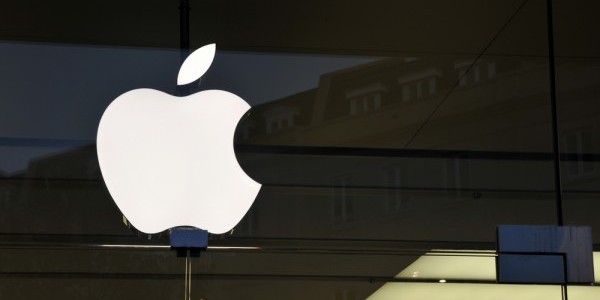
Apple serves a feast but Wall Street complains there's no ketchup
You would think that after Apple delivered fiscal first quarter record results -- we're talking $57.6 billion revenue and $13.1 billion net profit -- that investors would be happy. But, no-o-o! Apple shares sank more than 8.5 percent in after-hours trading last night. They are down about 8 percent in midday trading. That's what happens when perceptions about the future, rather than present performance, define a company.
But the problem is bigger than just Wall Street analyst or investor fear frenzy. There's an echo chamber bellowing this fine Tuesday, as bloggers and journalists stumble over one another to sound the loudest alarm. After seeing the headlines on Yahoo Finance -- like "New Apple looks like the old Microsoft", "Cure to what ails Apple can be found in the margins", or "How does Apple get its mojo back?" -- I realize someone needs to do a reality check. Geez Louise, Apple had a fantastic quarter. The apocalyptic reaction is nothing less than insanity.

Smartphone shipments top one billion units (maybe), Samsung and Apple lead the pack
In 2013, for the first time, yearly smartphone shipments topped one billion units, according to IDC. Rival firm Strategy Analytics, though, begs to differ and says the milestone has yet to be reached in the past year, with only 990 million units being shipped. Regardless of the number, this market continues to show strong gains year-over-year, as shipments increased by over 34 percent (according to SA; IDC says 38.4 percent) compared to the previous year (for 2012, IDC says 725.3 million units, while SA estimates 700.1 million units).
Apple and Samsung remain the market leaders, according to both firms. The South Korean maker continues to be the largest smartphone vendor, shipping in excess of 310 million units in 2013 (IDC -- 313.9 million units, SA -- 319.8 million units), which represents a healthy increase over the 2012 results (IDC -- 219.7 million units, SA -- 213 million units). Its share of the market also increased, slightly, to 31.3 percent from 30.3 percent, according to IDC, or to 32.3 percent from 30.4 percent, according to SA.

Nokia's poor Lumia sales hold back Windows Phone's growth
The underwhelming Nokia Lumia sales from Q4 2013 have put a damper on Windows Phone's momentum, as, for the first time last year, the Finnish maker moved less units compared to the previous quarter. Growth was already slowing down, as I pointed out three months ago, but a decline in moved units was unexpected, potentially leading to irreparable damage, in the short and the long run as well, for the market share of the tiled smartphone operating system.
Lumia sales are extremely important for the growth of the platform because Nokia's Windows Phone market share has been holding steady around the 90 percent mark for a very long time. This means that if the Finnish maker has a great quarter, in regards to Lumia sales, the tiled smartphone OS has a better chance of holding its own against Android and iOS, and increasing its market share. Luckily, we do not have to wait any longer to find out how the Lumia sales from Q4 2013 have impacted Windows Phone, as Kantar Worldpanel ComTech just released a report for the respective quarter.
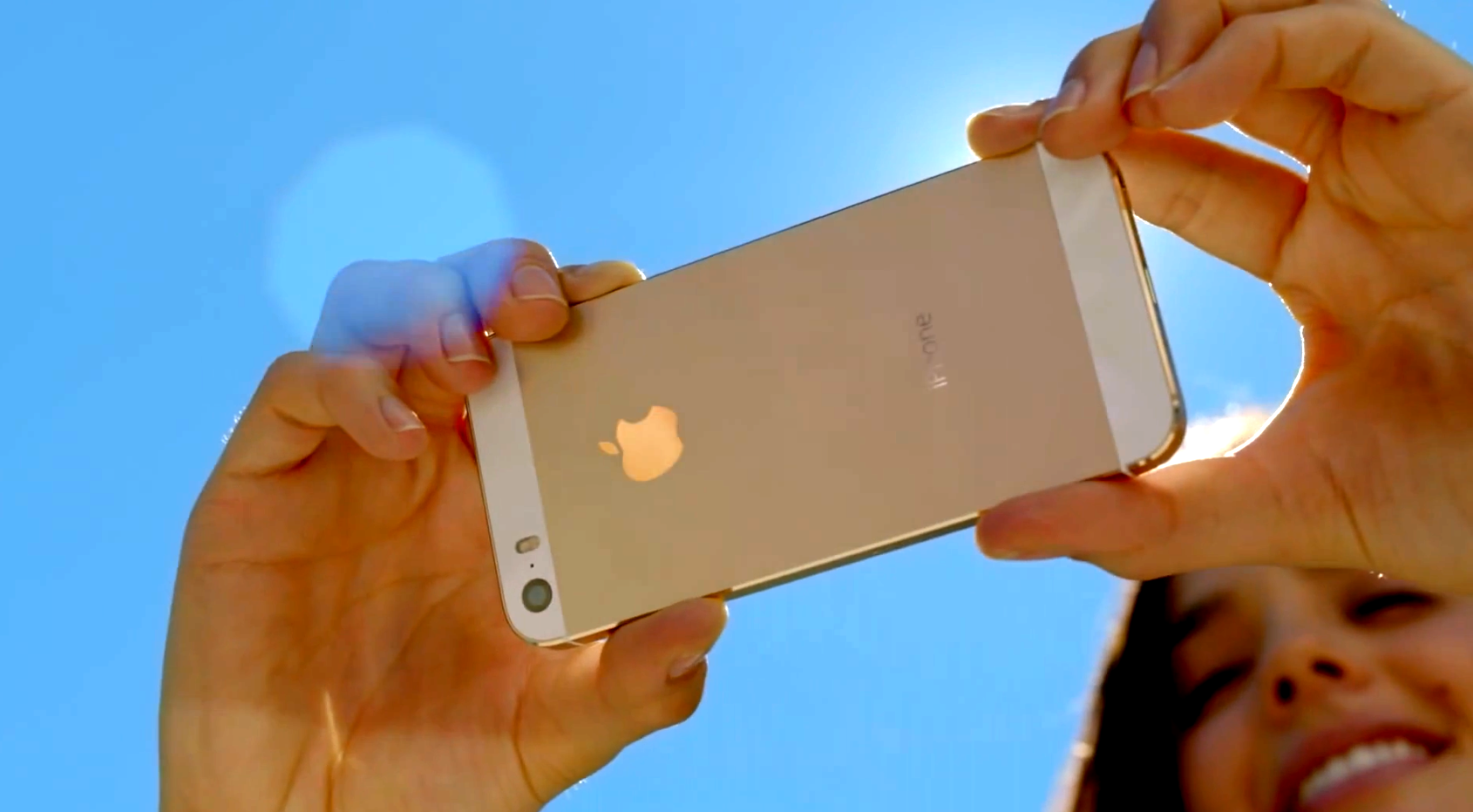
Verizon results hint at weak US iPhone sales
Yesterday, Verizon reported that it activated 8.8 million smartphones in Q4 2013, a 10 percent decline from the 9.8 million it activated in Q4 2012. While it declined to break out iPhone activations, we do have some data that could help us gauge the iPhone's sales performance in the US market.
The reason for the decline in Verizon's smartphone activations should be clear enough to regular readers. As smartphones have "good enough", replacement cycles have become longer. At the same time, the basis of competition in the market has shifted towards affordability and flexibility, which explains the popularity of T-Mobile's unsubsidized plans. Now, let's make an attempt to gauge how this decline affected iPhone sales at Verizon.
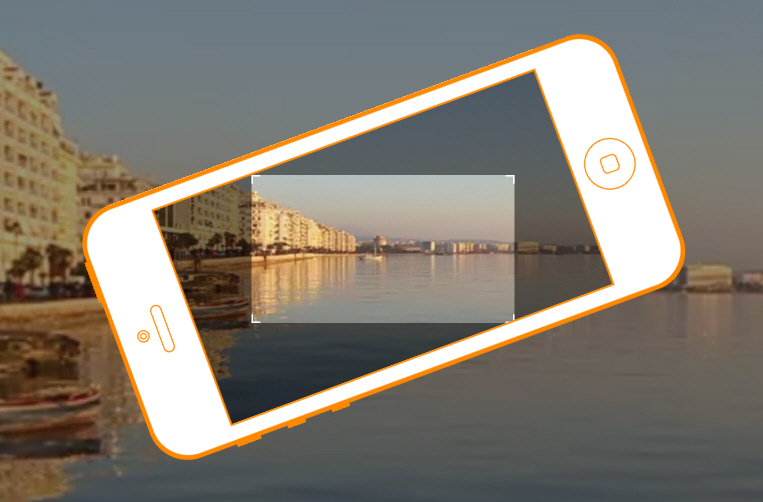
Best iOS apps this week
Third in a series. The holiday season is well and truly behind us now and there's lots of big and important new releases and updates in the App Store this week. One of the most significant is a new app from Google which sees the search giant challenging Apple’s own iTunes Store (albeit with some very important Apple-appeasing limitations).
Elsewhere, cloud storage service Box announced that it has rewritten its app to make it "super-fast, simpler to use and more immersive", and as an incentive for users to try it out the app now comes with 50 GB of storage for free, which definitely makes it worth the download. You can read more about the update here.

Starbucks brews security vulnerability with its soy lattes
Some coffee aficionados might dislike my taste in coffee. I consume trendy drinks like Skinny Vanilla Lattes from Starbucks when on the go and Keurig coffee pods at home -- hardly a French press. While the Starbucks drinks are expensive, this is my only vice -- I do not drink alcohol or smoke, so I justify the cost that way.
Whenever I am at the famous coffee chain, I see a lot of people using Apple devices. One of the coolest things about this, is that Starbucks offers an iPhone app which makes it possible to make purchases using the smartphone. Sadly though, it has come to light that there is a vulnerability in the software. While security weaknesses in the Java programming language are nothing new, one regarding java the drink is.

Box gives 50 GB of free storage to iPhone and iPad users
It seems to be a big day for cloud storage. Earlier Google added additional functionality to its Drive product. Now Box has an update of its own, though this new release is geared towards the mobile crowd, bringing more storage to those on iOS devices.
Additional cloud storage isn't all that's included, though. "We've overhauled our app to make it super-fast, simpler to use and more immersive. The result, we believe, is the best content viewing and collaboration experience available today for your iOS device".
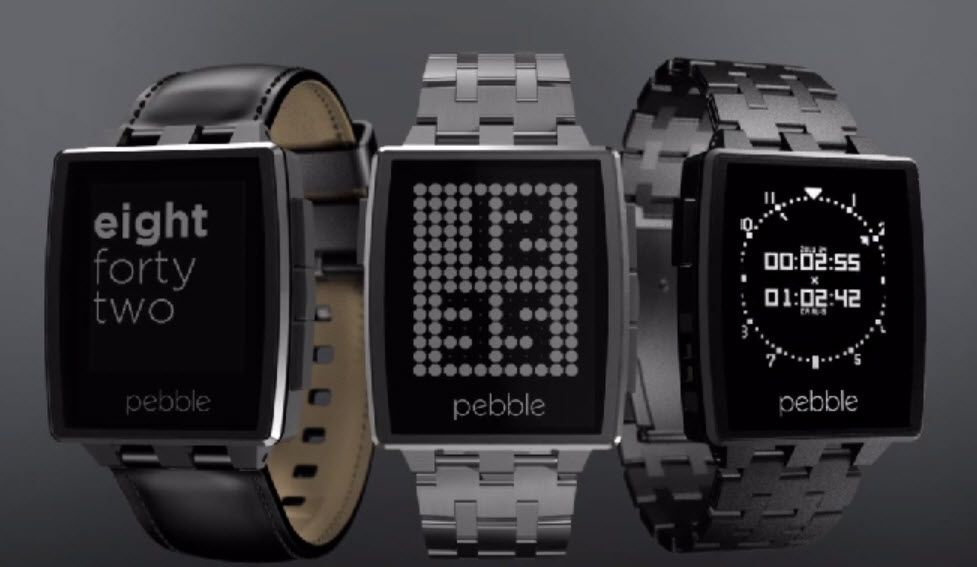
My favorite product from CES 2014 [Mark]
There has been a lot of talk about 2014 being the year of wearable tech. I'm yet to try out Google glass, but I can see its appeal -- providing the price drops a little! -- yet what interests me are smart versions of existing things we already wear. (I will grant you that Glass kind of falls into this category, but not everyone wears glasses) There have been quite a lot of smart watches over the last year, but they have a tendency to be rather ugly, bulky, or require an additional, specific device in order to function correctly. Yes, Galaxy Gear, I'm pointing at you.
But things are starting to evolve quite nicely. The new Pebble Steel is a spectacular smart watch that overcomes the looks issue that has blighted other models. The three models -- black leather, stainless steel and black matte -- all look great, and don’t stand out for the wrong reasons. This is a smart watch that looks like a watch rather than a smart watch, and this is where wearable technology stands or falls. An incredible piece of technology should be capable of just blending in and getting on with its job rather than jumping up, grabbing your eyeballs and demanding LOOK AT ME!
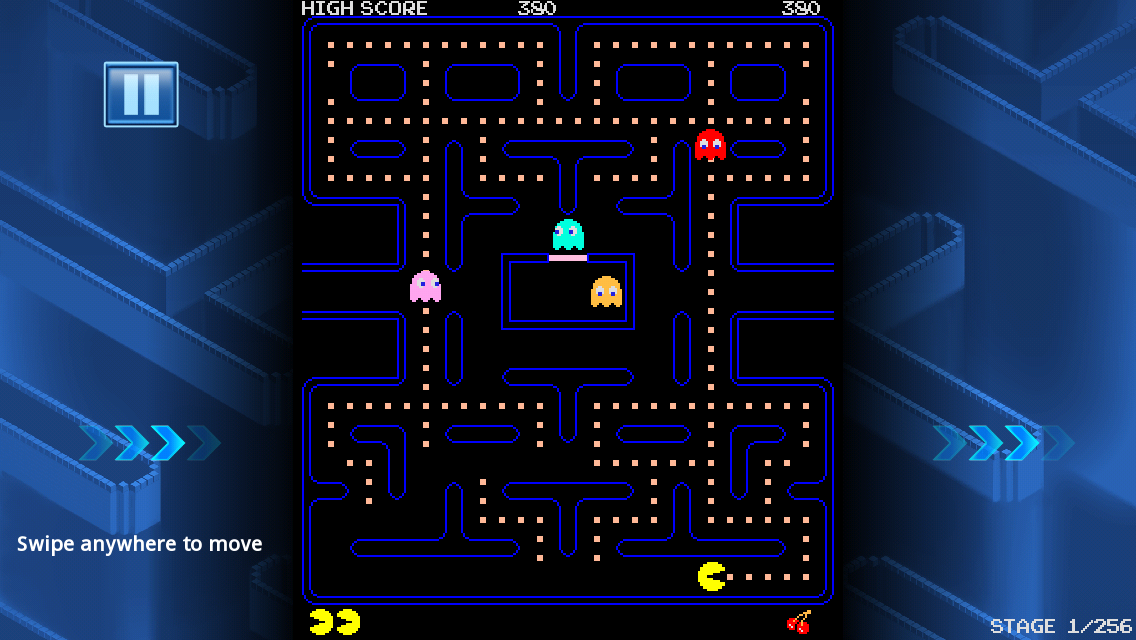
Best iOS apps this week
Second in a series. Big news for Apple this week as the tech giant announces that App Store sales topped $10 billion in 2013, including over $1 billion in December alone. iOS users downloaded almost three billion apps in that one month, which is an incredible figure.
Now the holidays are over, it’s back to business in the App Store, and lots of new apps have been released or updated and there are loads of great new games out too.

New infographic reveals the top gadgets and tech of 2013
We’re a week into the New Year, a time to look to the future, and all the news flooding out of CES has us excited for what’s coming up. But that’s not to say we can’t still take some time to look back on 2013 -- a year that brought us some great (and not so great) tech.
FinancesOnline.com has created a new infographic summing up 2013 in tech launches and featuring the best smartphones, tablets and other gadgets. Each of the included devices has been sorted into the following categories:
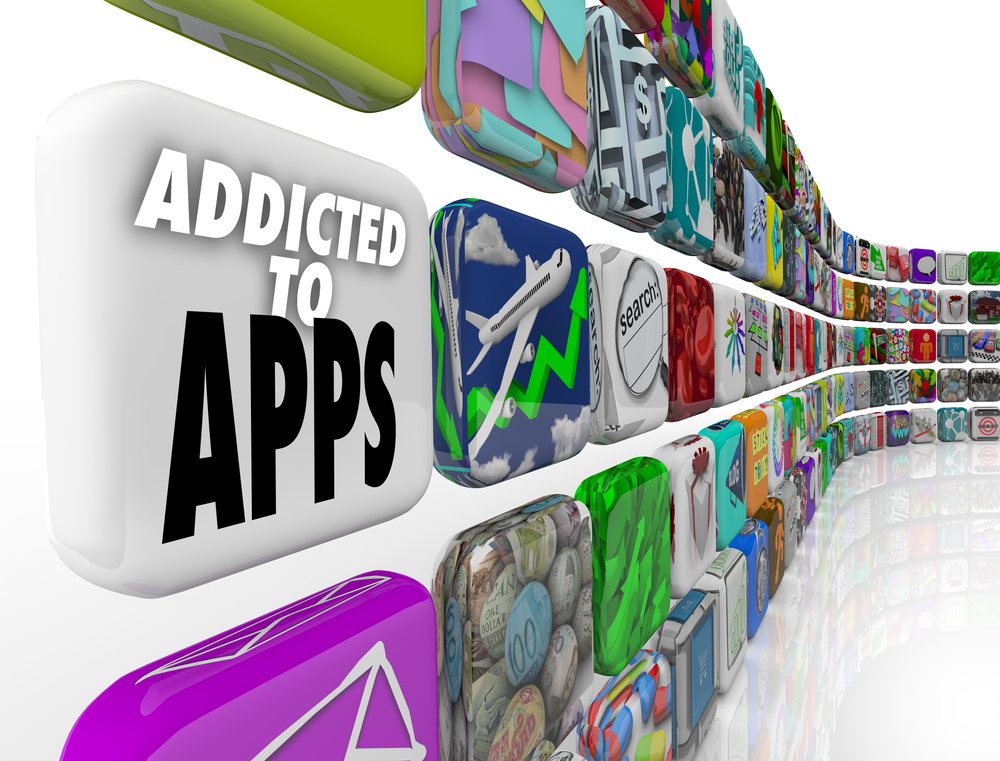
Apple's App Store sales top $10 billion in 2013
While the rest of the tech world is announcing hot new products at CES, Apple has chosen this time to reveal some app sales figures in the hope of generating a little press of its own. As you’d expect the numbers it’s offering today are pretty spectacular.
In December iOS users downloaded almost three billion apps, which Apple says makes it the most successful month in the history of the App Store.

Windows Phone still struggles to gain considerable traction in China, Japan, US
Windows Phone may have managed to overtake Apple's iPhone in a small number of markets, based on sales, and become the third most popular smartphone operating system, but it -- and the devices that run it -- do not get much love from US consumers who are still buying Android smartphones and iPhones in droves.
Based on a new report from Kantar Worldpanel ComTech, in the US Windows Phone continues to struggle to gain considerable traction as the OS only had a paltry 4.7 percent market share, in the three months ending November 2013. This may represent a whopping 80.76 percent increase compared to the same period from 2012, but it is not large enough to even remotely threaten the local dominance of either Android or iOS. The results of the report are based on smartphone sales.
